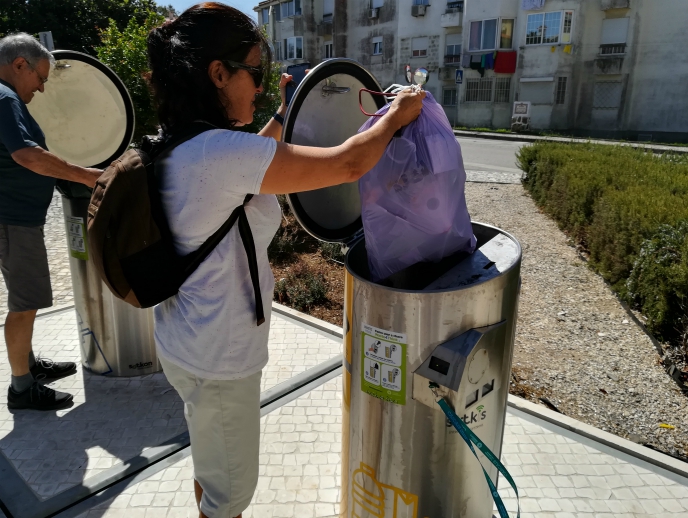European attitudes to energy consumption
Around one third of European energy usage, and 40 % of greenhouse emissions, comes from households. Whether such rates will ultimately fall depends primarily on public and political commitment. Hence, the EU-funded GILDED (Governance, infrastructure, lifestyle dynamics and energy demand: European post-carbon communities) project aimed to assess factors affecting European household energy consumption. For five European case study sites, each consisting of a medium-sized city and surrounding rural areas, the investigation planned to model outcomes of European energy policies. GILDED also intended to recommend how the policies could be modified to implement change and to become more environmentally friendly. The eight-member consortium ran between December 2008 and April 2012. Researchers conducted semi-structured interviews with members of the public in the five case study areas (Czech Republic, Germany, Hungary, the Netherlands and the United Kingdom). The surveys included carbon footprint information. Analysis of the results indicated concern and confusion about the ways in which energy usage affects climate change. The project concluded that behavioural change may be better achieved by focusing on unsustainable energy wastage rather than climate change alone. Furthermore, most people believed they could do little individually, but were willing to accept tough government action. Stakeholders and the public need clear information about the impact of collective action. The project recommended that funding would be needed to change behaviour and that good practice examples be illustrated. Other work included examining the infrastructure and governance restraints affecting energy demand reduction. The team also completed a prototype agent-based model of community energy demand, and delivered two policy briefs. The GILDED project contributed new understanding about the competing energy consequences of various householder decisions. The information helped provide recommendations concerning policy change and implementation.







